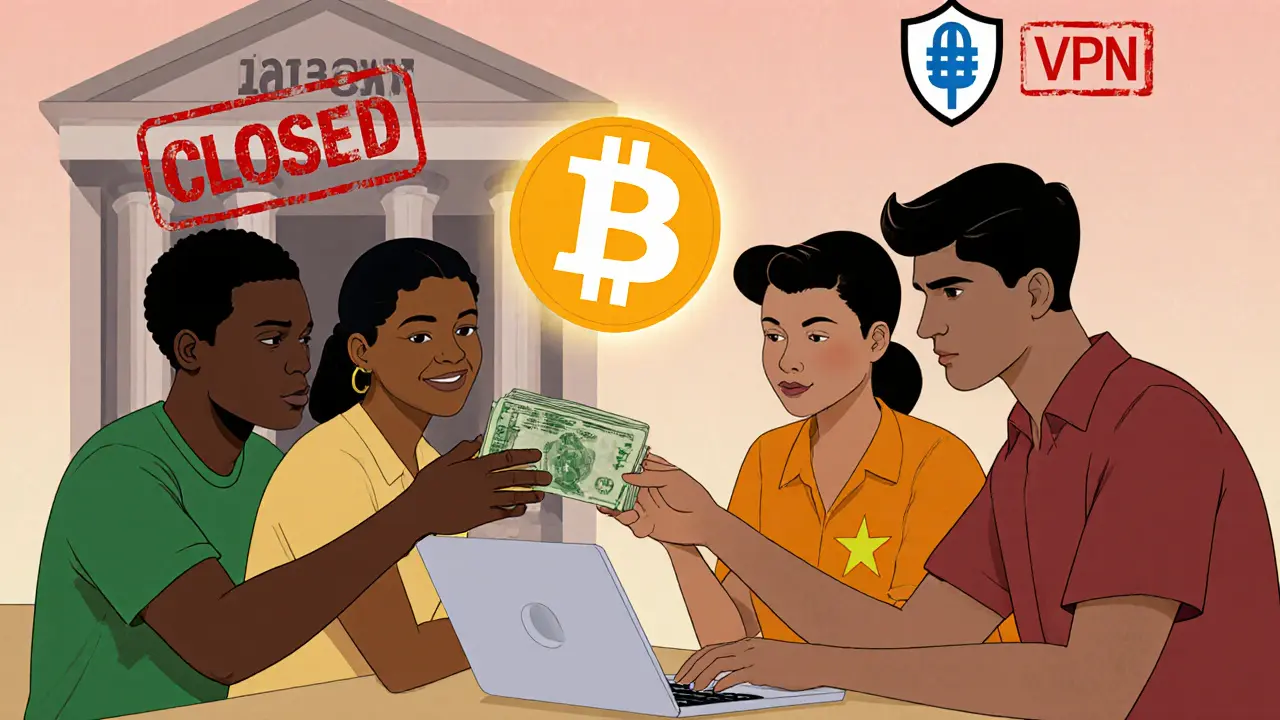Crypto Exchanges: What They Are, How They Work, and Which Ones to Avoid
When you buy Bitcoin or trade Solana tokens, you’re likely using a crypto exchange, a platform that lets you trade digital assets like cryptocurrencies for other coins or fiat money. Also known as cryptocurrency trading platform, it’s the gateway between your wallet and the wider blockchain economy. But not all exchanges are created equal. Some are regulated giants like Coinbase, others are niche DeFi platforms like SundaeSwap, and some—like FutureX Pro or Ostable—don’t even exist.
There are two main types: centralized exchanges (CEX) and decentralized exchanges (DEX). Centralized ones, like Binance or Kraken, hold your funds and act like a bank—you deposit, trade, and withdraw through them. Decentralized ones, like Tokenlon or Merchant Moe, let you trade directly from your wallet without giving up control. That means more privacy, but also more risk if you make a mistake. The choice depends on what you value: convenience or control. And it’s not just about features—crypto regulation, government rules that determine whether exchanges can legally operate in your country plays a huge role. In India, you pay 1% tax on every trade. In Vietnam, it’s 0.1%. In the UAE, removal from the FATF grey list made it a hotspot for global exchanges. Meanwhile, Tunisia and Nigeria have banned or heavily restricted exchanges, forcing traders underground.
And then there are the scams. Platforms like QB crypto exchange or VOOX Exchange make wild claims—AI trading, no KYC, FinCEN approval—but they’re either fake, misleading, or dangerously unregulated. You’ll find posts here that expose these fakes, break down real DEXs like DODO on BSC, and explain why a zero-fee exchange like Merchant Moe might be great for experts but risky for beginners. You’ll also learn how to spot a dead coin masquerading as a trading pair, why liquidity matters more than hype, and how jurisdiction shapes what exchanges you can even access.
Whether you’re trying to avoid a tax trap, find a safe DEX, or just figure out why your favorite token isn’t listed anywhere, this collection cuts through the noise. No fluff. No guesswork. Just clear, real-world breakdowns of what’s working, what’s broken, and what you should never touch.

How Citizens in Banking-Restricted Countries Access Crypto Exchanges
Despite banking bans and legal risks, citizens in countries like Nigeria, Vietnam, and Iran are using P2P trading, VPNs, and no-KYC exchanges to access crypto. Here’s how they do it - and what it really costs.
© 2026. All rights reserved.